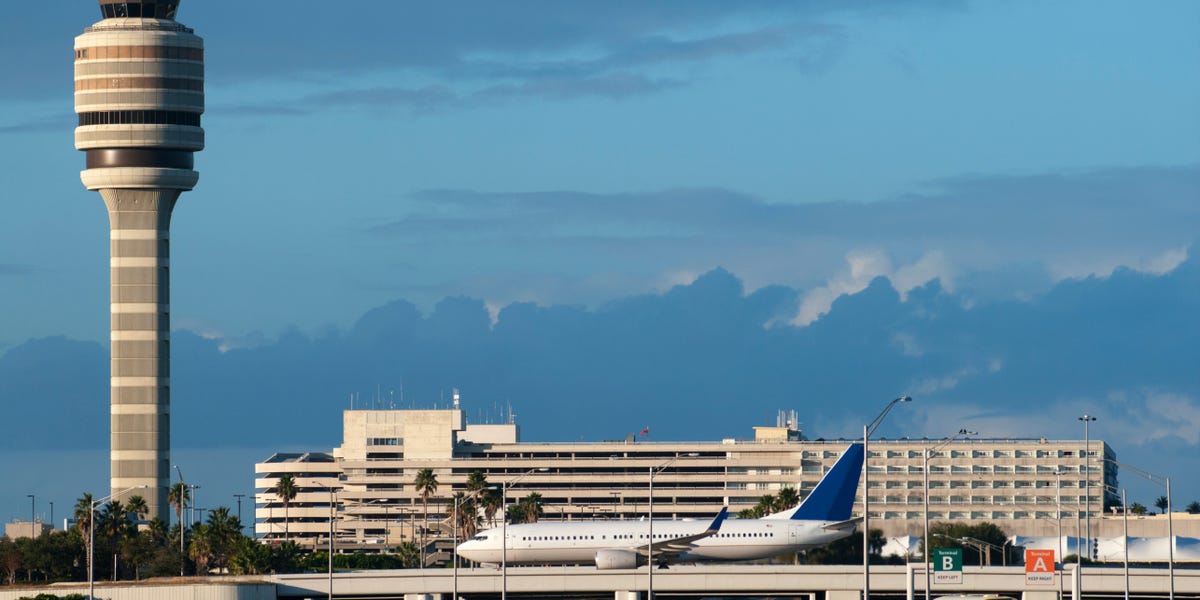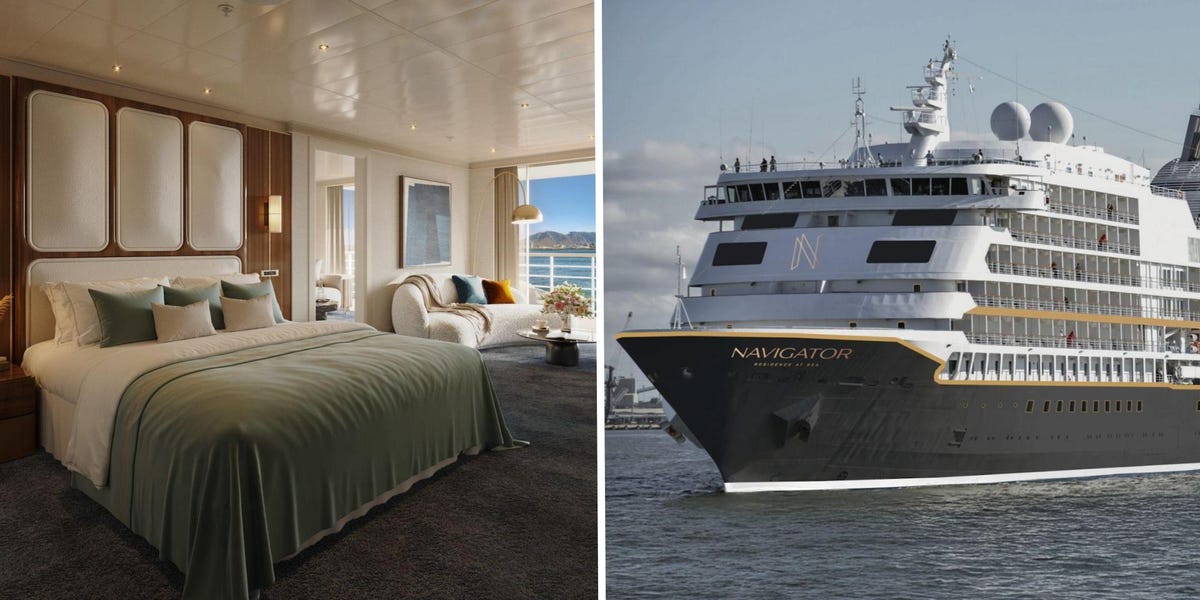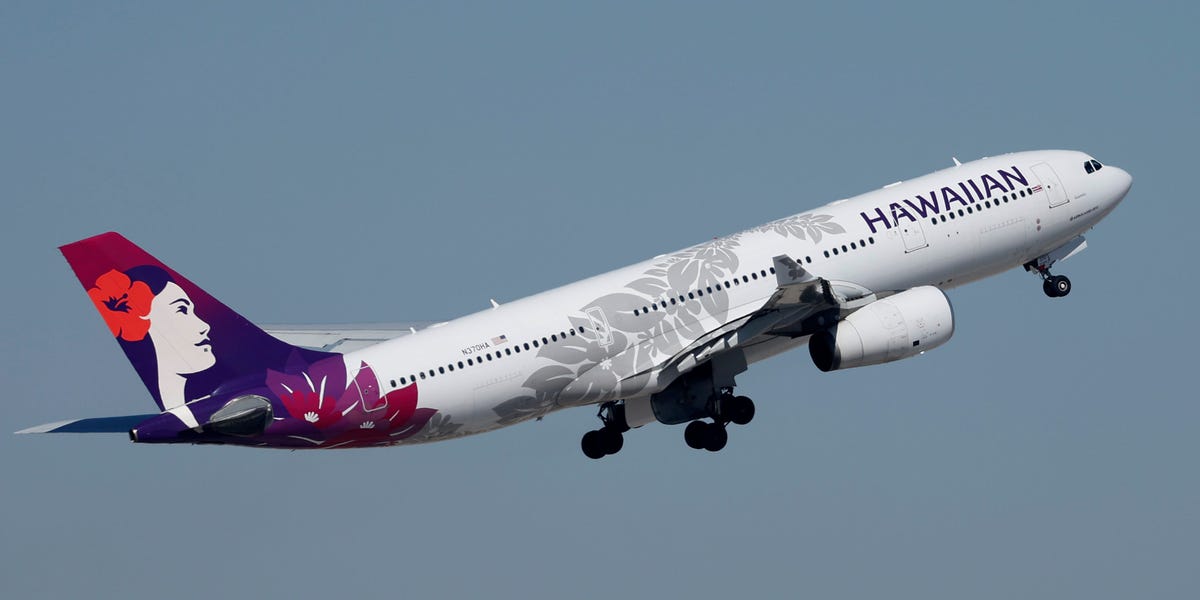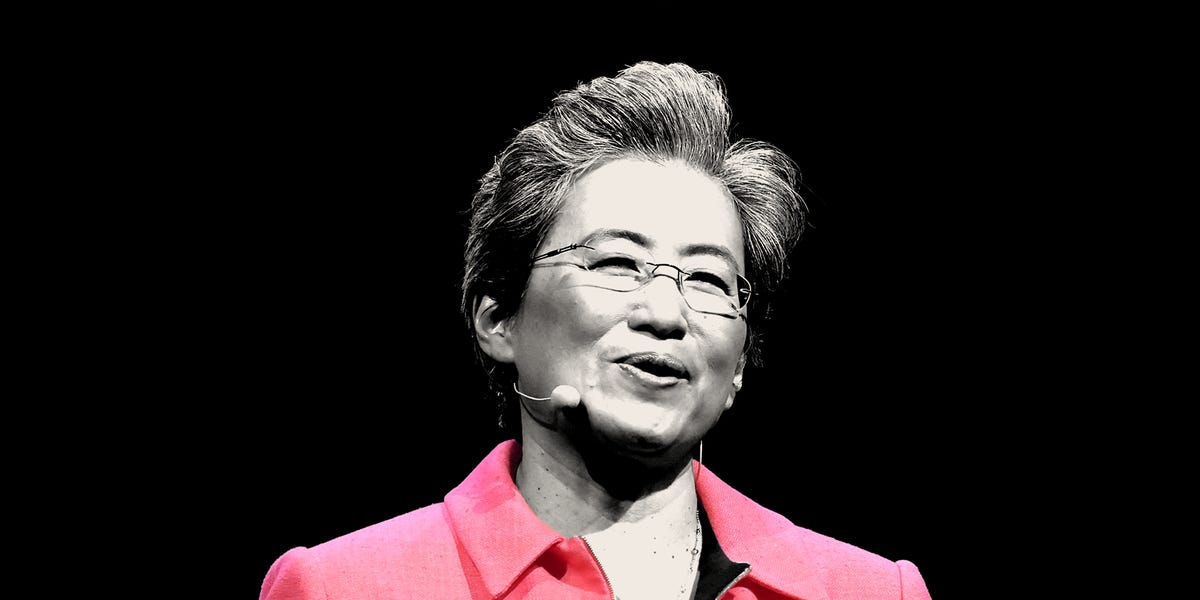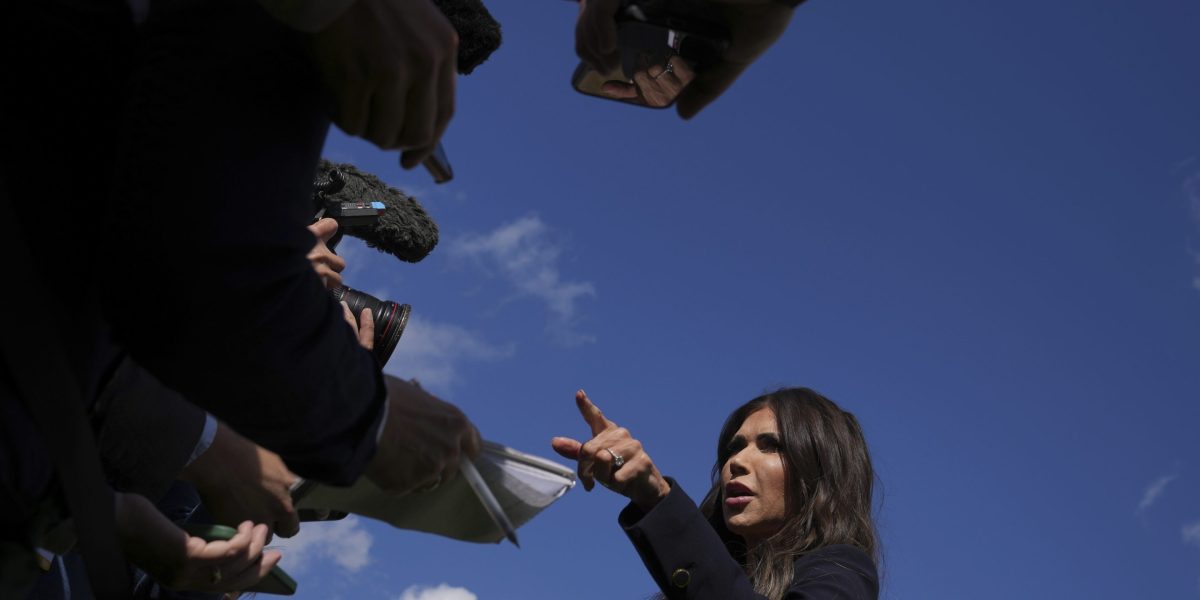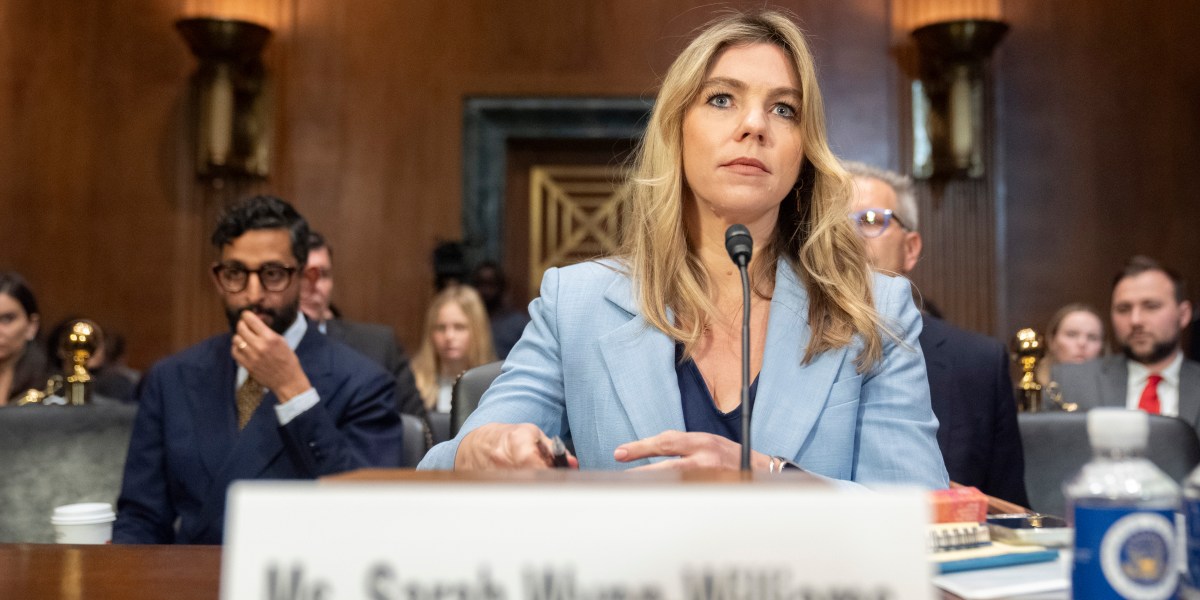Spirit Airlines' Fate Sealed? United CEO Predicts Brutal Market Math Spells Doom
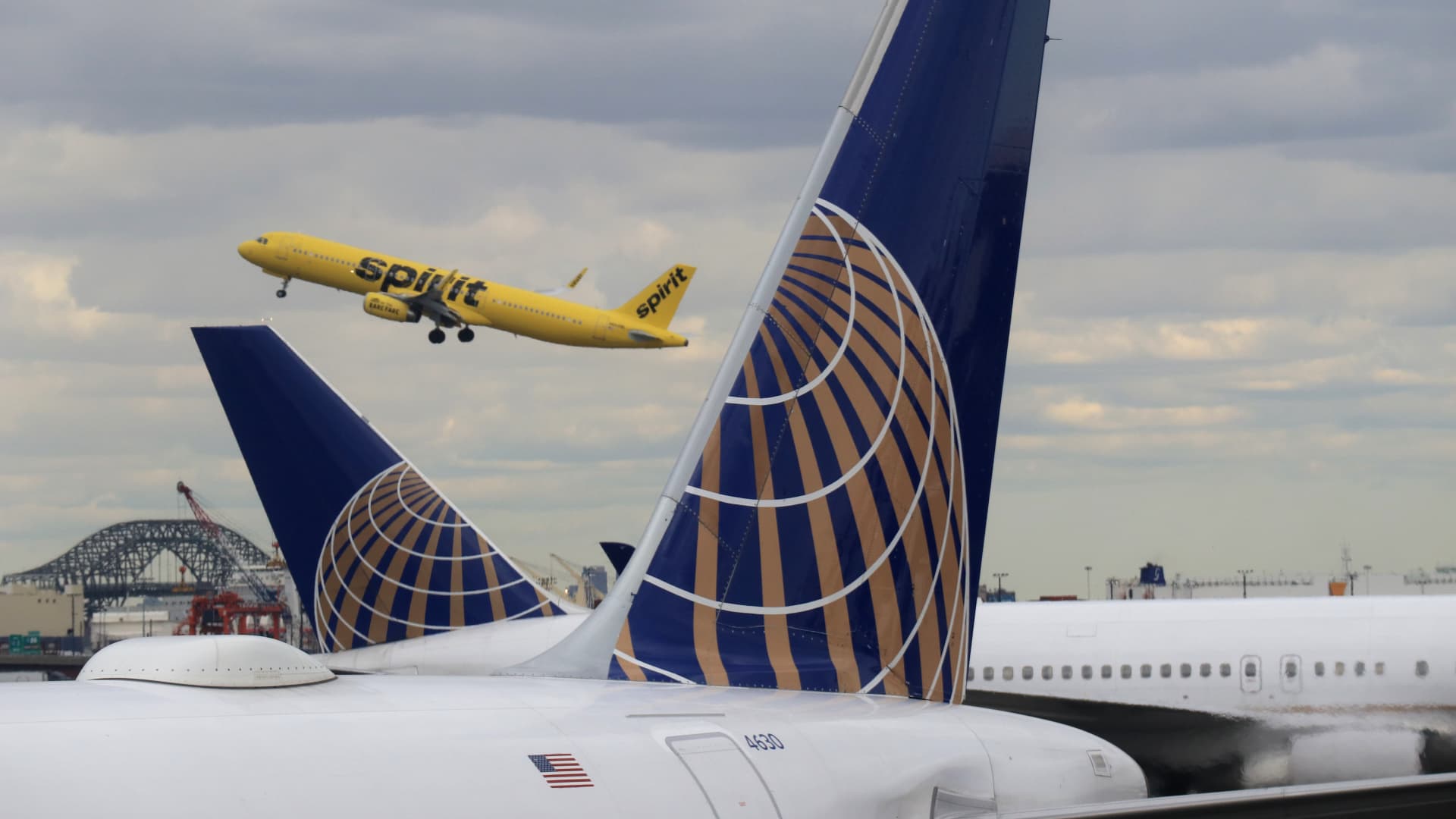
United Airlines CEO Scott Kirby is making waves in the aviation industry with a bold proclamation: the era of discount airlines is coming to an end. In a candid assessment of the current airline landscape, Kirby suggests that the low-cost carrier model that once disrupted traditional aviation is now facing significant challenges.
The airline executive argues that the once-revolutionary approach of offering rock-bottom fares is no longer sustainable in today's complex economic environment. Rising operational costs, increased fuel prices, and changing consumer expectations are putting immense pressure on budget carriers that have long relied on razor-thin profit margins.
Kirby's statement reflects a broader shift in the airline industry, where carriers are increasingly focusing on premium experiences, operational efficiency, and strategic pricing. United Airlines itself has been positioning its offerings to provide more value-added services while maintaining competitive pricing.
This declaration signals a potential transformation in how airlines approach their business models, suggesting that the future of air travel may prioritize quality and reliability over simply offering the cheapest tickets. As the industry continues to evolve, passengers can expect more nuanced and sophisticated approaches to airline services and pricing.

